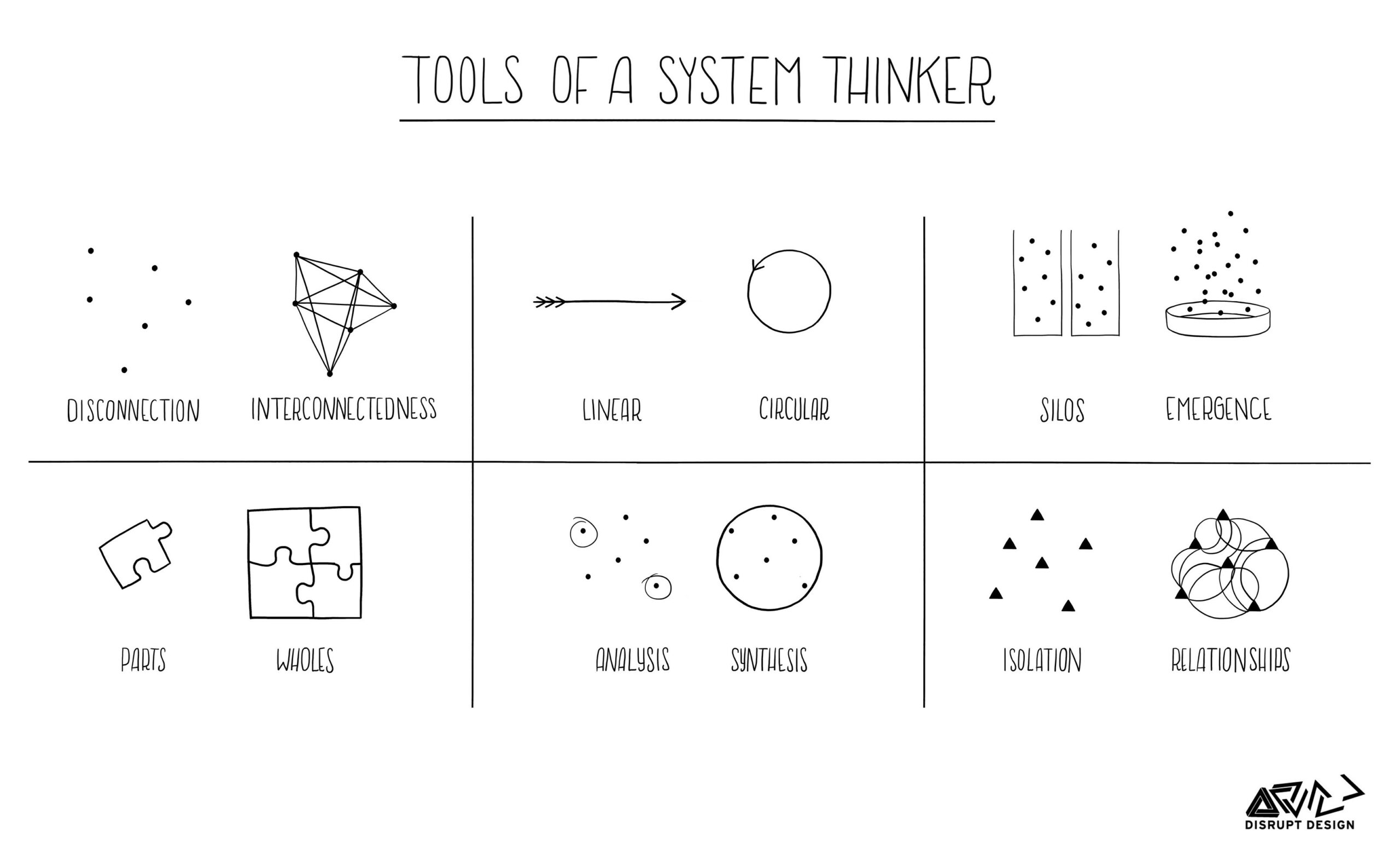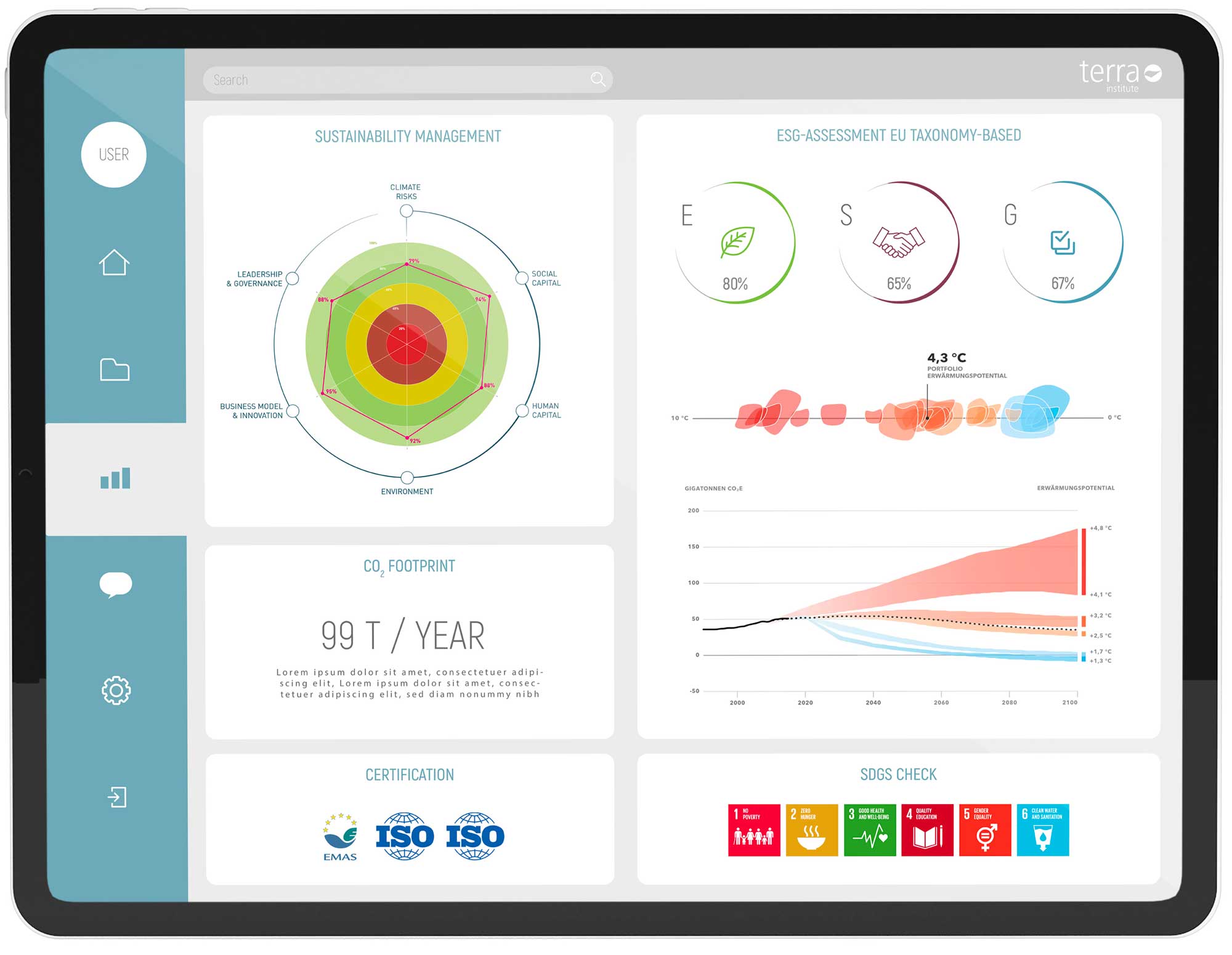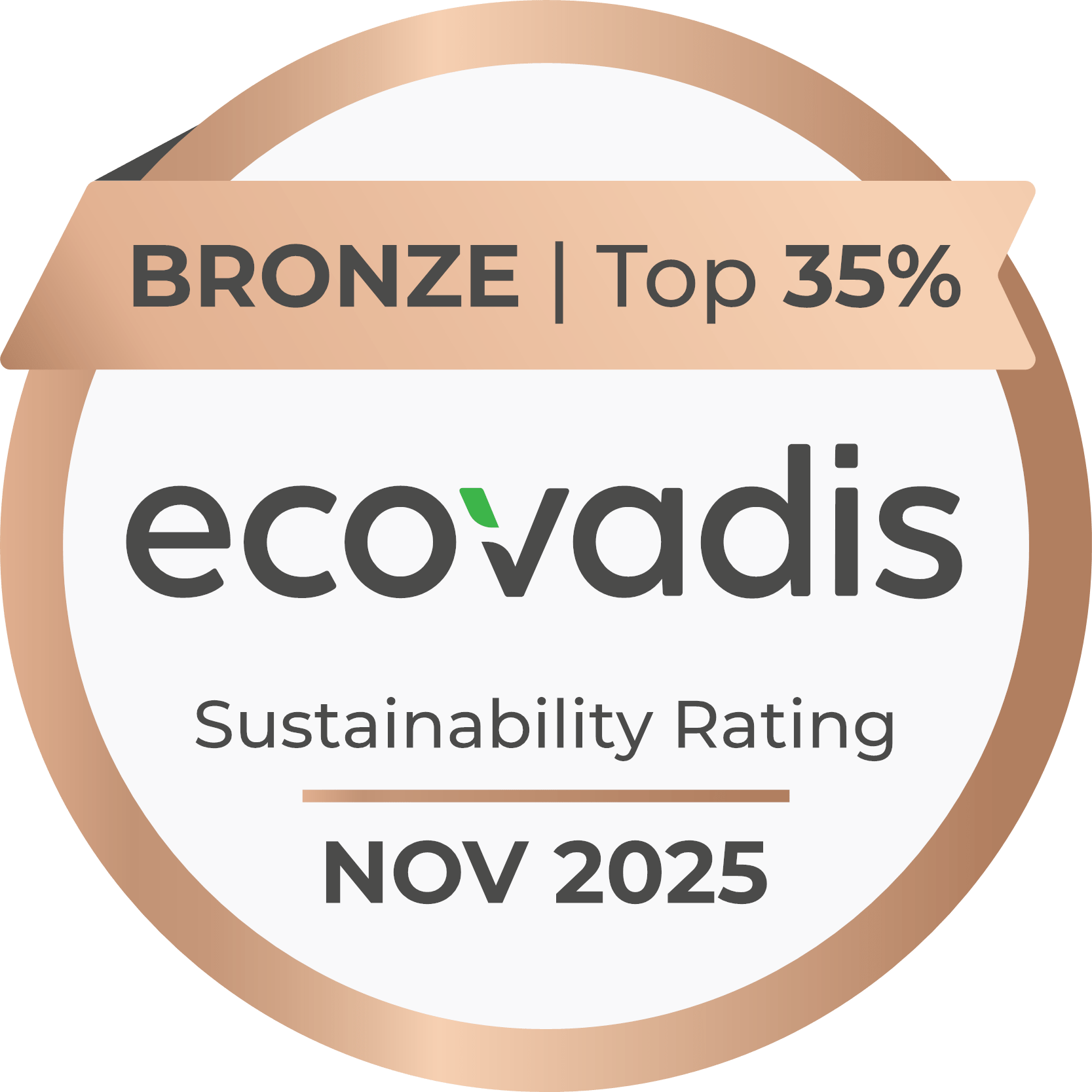FROM 2025, A SERIES OF NEW EU REGULATIONS ON SUSTAINABILITY WILL COME INTO FORCE, WHICH WILL HAVE SIGNIFICANT IMPACTS ON MANY COMPANIES AND THEIR BUSINESS AREAS. IN THE COMING YEARS, ADDITIONAL OBLIGATIONS WILL BE INTRODUCED, PARTICULARLY REGARDING REPORTING, SUPPLY CHAIN MANAGEMENT, AND CO2 EMISSIONS AND THEIR REDUCTION. BELOW YOU WILL FIND AN OVERVIEW OF THE MOST IMPORTANT REGULATIONS THAT WILL BECOME RELEVANT FROM 2025 AND 2026.
EU DEFORESTATION REGULATION (EUDR): PROTECTION OF FORESTS
Since 2024, the EU Deforestation Regulation has entered into force, becoming fully effective from 2025. Companies that import or market raw materials and certain products made from palm oil, soy, beef, wood, cocoa, rubber, and coffee must prove that these do not originate from illegally deforested areas. This applies to companies of all sizes and requires increased due diligence and detailed documentation of supply chains.
CSRD AND ESRS: EXPANDED SUSTAINABILITY REPORTING
From 2025, medium-sized companies in the EU must also prepare their sustainability reports in accordance with the Corporate Sustainability Reporting Directive (CSRD) and the European Sustainability Reporting Standards (ESRS). Companies are affected if they meet two of the following three criteria:
- More than 250 employees,
- Revenue exceeding 50 million euros, or
- A balance sheet total of over 25 million euros.
For these companies, this means they must disclose comprehensive information about their sustainability strategy and the impacts on the environment and society. Expanded internal structures and processes will be required. Additionally, companies subject to the CSRD must also report their taxonomy-aligned revenue, Capex, and Opex. This means that activities classified as environmentally sustainable must be shown in the balance sheet.
EU SUPPLY CHAIN LAW (CSDDD): DUE DILIGENCE IN THE SUPPLY CHAIN
By July 2026 at the latest, the EU Corporate Sustainability Due Diligence Directive (CSDDD) must be transposed into national law. Large companies will be required to review their supply chains for human rights and environmental violations and take appropriate measures to minimize risks. Particularly affected are companies with:
- More than 1,000 employees and
- Worldwide revenue exceeding 450 million euros.
These companies must not only analyze risks and take preventive measures but also report transparently on the results.
CO2 BORDER ADJUSTMENT MECHANISM (CBAM): NEW COSTS FOR IMPORTS
From 2026, the CO2 Border Adjustment Mechanism (CBAM) will also come into force for the import of iron & steel, cement, fertilizers, aluminum, hydrogen, and electricity as well as certain products made from these. CBAM is part of the EU’s climate policy and aims to prevent the relocation of CO2-intensive production to countries with weaker climate protection regulations. Importing companies will be required to pay for the CO2 emissions of their products, which will cause significant additional costs in CO2-intensive sectors and necessitate corresponding adjustments to business strategies.
CONCLUSION THE ECONOMIC FRAMEWORK HAS CHANGED – ADAPTATION TO THE NEW EU REQUIREMENTS FROM 2025 IS NEEDED!
The coming years will bring a multitude of new obligations for companies in Europe. Large companies, especially in CO2 or with complex supply chains,
must prepare for expanded reporting obligations, stricter due diligence requirements, and additional costs due to climate protection measures. To meet these requirements, it is advisable to optimize internal processes early, train personnel accordingly, and develop a clear sustainability strategy. This will not only help to meet the new legal requirements but also secure long-term competitive advantages and contribute to climate protection.
EU requirements from 2025: Are you unsure which upcoming legal frameworks affect your company? Or how exactly you should adapt your company to the new frameworks? Contact us now and book a free information session!
Our mission is to empower companies to actively and competently contribute to sustainable transformation. That’s why, in a personal exchange with you, we find out what the next necessary and meaningful steps for your company are. We look forward to hearing from you!
Author

Evelyn Oberleiter. Co-founder and CEO of Terra Institute. She has been accompanying companies in deep transformation processes for 20 years and focuses on organizational development, corporate culture processes, and sustainable leadership approaches. Evelyn possesses high process competence and result orientation, extensive analytical and reflective abilities, high communication skills, and a pronounced systems thinking. As a personal coach, she primarily accompanies people in top management.











